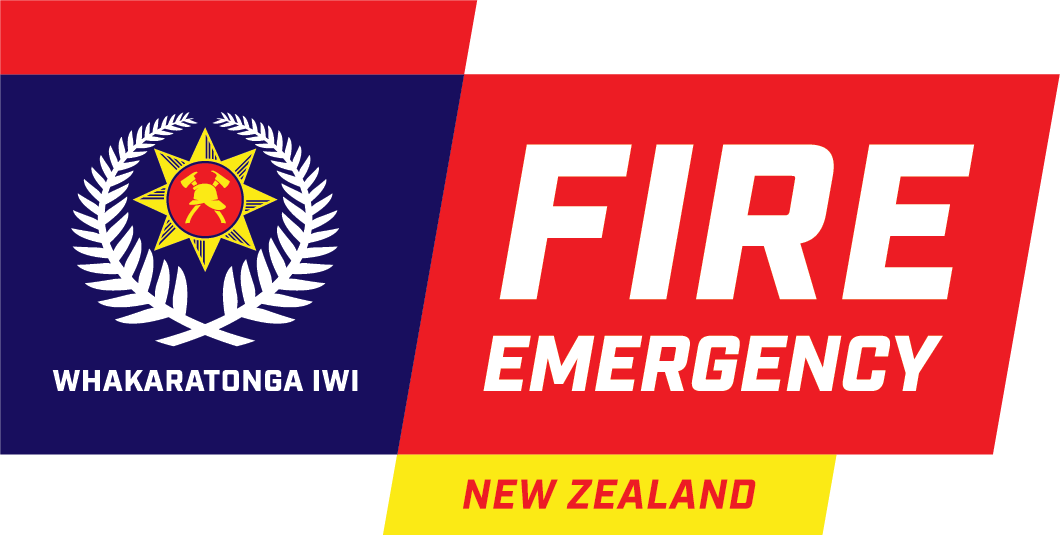How to cope with sleep deprivation

Our recently published Safety Initiative looks at the effects of sleep deprivation and provides several strategies that can help our people cope with the symptoms of insufficient sleep by improving their sleeping habits.
Sleep deprivation occurs when you're not getting enough quality sleep. Inevitably, due to the nature of their work, firefighters often struggle to get as much sleep as they need. The stresses of work and lifestyle choices are also some of the key factors that cause sleep deprivation.
"While many of us struggle with sleep, we often don't think of it as a serious issue, yet over time sleep deprivation can affect a person’s physical and mental health," says Jono Regan, Safety, Health and Wellbeing Advisor, Te Hiku.
"We've developed this new Safety Initiative to help our people recognise the symptoms of sleep deprivation while providing advice on how to better manage their sleep."
The Safety Initiatives project delivers timely and topical information on health issues known to affect our people. Developed by experts within the Safety, Health and Wellbeing team based upon up-to-date research and information, every month we'll publish a new initiative on the Portal.
You can read and download the full Sleep Deprivation and Coping Strategies initiative here
